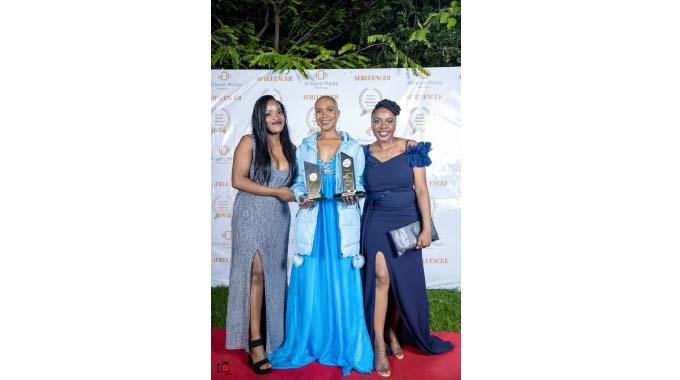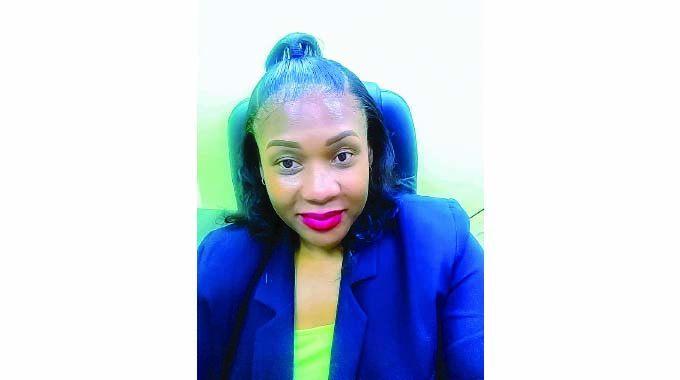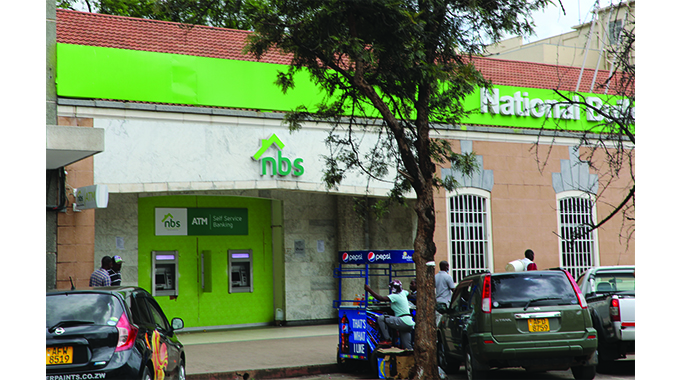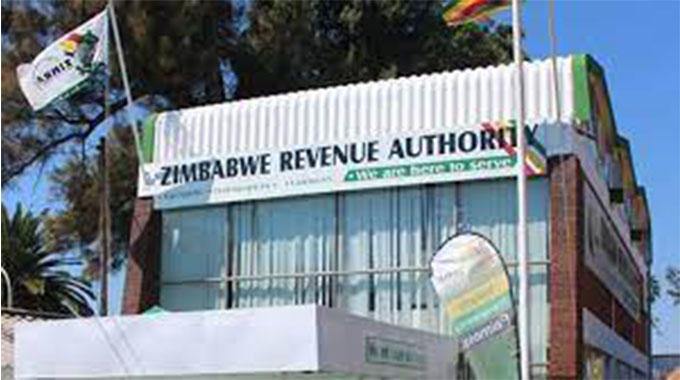‘Over 500 underground entrepreneurs, creatives and community champions unearthed’

Nqobile Bhebhe, Feature
It is often said that a woman alone has power, but collectively, they have a huge impact in virtually all spheres of life.
Amplifying and building other women up, especially those in entrepreneurship and operating underground seems to be the running motto for the founder and Editor-in-Chief of Afrluencer Magazine, Nicolette Mdluli.
Afrluencer Magazine launched the African Influencer Awards 2021 in October and to date, Mdluli says she has unearthed “over 500 underground entrepreneurs, creatives and community champions.”
She describes the Afrluencer Magazine as the “community’s mouth piece” as she has numbers to show for it.
“So far, we have featured and nominated over 500 underground entrepreneurs, creatives and community champions through the African Influencer Awards, which are going into the third edition this year and this is beyond what I thought we’d have achieved by now,” she said.
The over 500 underground entrepreneurs brought to the fore are drawn from various sectors such as technology, healthcare, finance, creative and food production.
“Our goal is to make sure that young Africans are represented on a global media platform and recognised for their contribution to communities.
In the future, we want to tap into sectors like agriculture and mining, which are massive contributors to Africa’s Gross Domestic Product.”
Afrluencer Magazine focuses on telling stories about African start up founders and community champions, Mdluli says.
“We encourage young entrepreneurs to have a strong focus on building the communities they come from for sustainability. Impact speaks for itself, whether big or small, and these are the people who make it to Afrluencer, not just in Zimbabwe but across Africa.
“We focus on real life African experiences in starting and running a successful business, the concept is to discuss creative and entrepreneurial influence in the pure African context.”
Countless women-led small to medium enterprises have over the years been contributing significantly to the country’s gross domestic product although most lack basic prerequisites to have a thriving venture.
On most occasions, Mdluli said small business entrepreneurs are “underground” or “undocumented” yet they are the biggest drivers of economies in Africa.
“This to us is the point of our work, to look for these people, teach them the correct procedures and represent them, to the audience and potential investors. We are the community’s mouth piece.”

Ms Mildret Kujinga the National Building Society (NBS) head of marketing
Mdluli said she admires bold women who are not afraid to show up for their dreams.
Unearthing “underground” women is not enough as their lack of constant mentorship might result in most of them slipping back into the dark corridors of business, depriving them of more opportunities for growth, she adds.
“We have made sure to continue to touch base with ladies through the Afrluencer Women’s Network, a platform through which we have mentors and educators for women, share skills and craft projects that can financially empower women.
“The awards have placed us in the market as a mouthpiece for the community. Now when you’re asking about what happens in Bulawayo, we are there.
“We have built relationships with most business people and have had tremendous support so far. To our communities, we have pioneered representation of local brands in Zimbabwe and our audience outside of Zimbabwe. Because of how we have been embraced, we’re planning to continue to serve within our communities and across Africa.”
Various studies have revealed that one of the key barriers that female entrepreneurs face when developing their businesses is a lack of access to finance.
Women, especially in rural communities, face several barriers to financial inclusion, such as not having access to a bank account.

National Building Society
Gender inequality in financial inclusion makes it more challenging for women to obtain a business loan and as such women-led businesses are more reliant on personal savings and spousal funds.
However, the National Building Society (NBS) head of marketing, Ms Mildret Kujinga said they are partnering with Matabeleland women on various entrepreneurial ventures.
“This year, we’re coming to Bulawayo and the greater part of Matabeleland to better understand how women are running their businesses.
“We have been going around observing what they’re doing and we’ve received a lot of requests around capacitation, financial inclusion and investment opportunities. We’re now working on solutions.”
Follow on Twitter @nqobilebhebhe











Comments